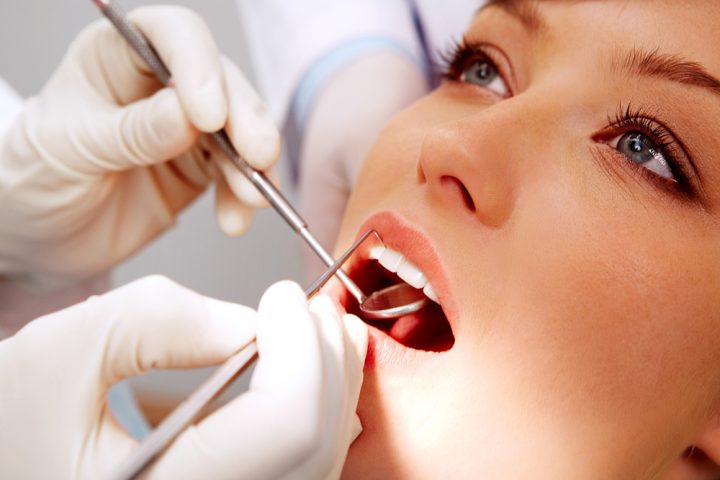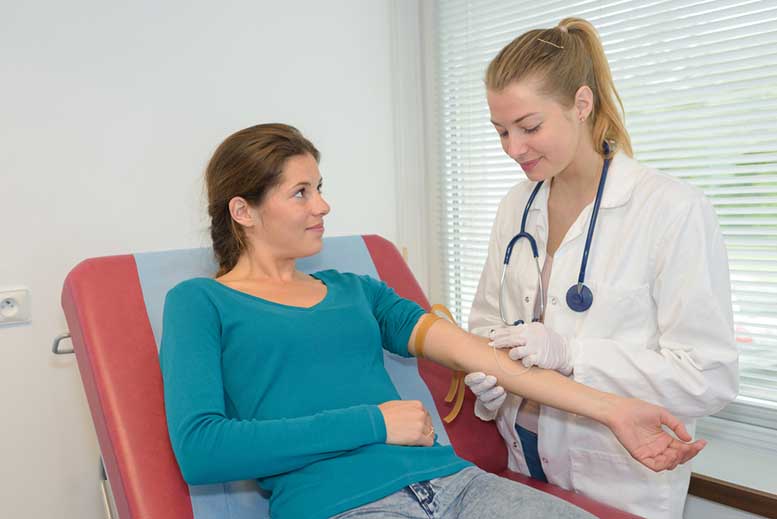It is recommended by the CDC that everyone get tested for HIV as part of their routine healthcare. It is particularly important for the following groups to get tested for HIV:
– Everyone within the age range of 15-65
– Pregnant women
– Everyone under the age of 15 and over the age of 65 if they run a high risk of contracting HIV due to high-risk activity
Consulting your primary physician can help you determine whether you should be getting tested for HIV.
Anxiety Over Getting Tested
Some individuals feel anxious over HIV testing. However, it is important to understand that if there is any possibility you have contracted the virus, detecting it as soon as possible is of utmost importance. HIV is treatable, and beginning treatment early can go a long way in impeding the progression of the infection and help your immune to system healthy. Knowing your status is also vital so you won’t unknowingly spread the virus to others.
HIV Blood Tests
HIV can be detected when the body produces HIV antibodies, which then become present in the blood. There are two primary blood tests used to detect HIV: ELISA and Western Blot.
ELISA, or enzyme-linked immunosorbent assay, is typically the first test used to detect HIV infection. If there are HIV antibodies in the blood, the test is usually re-performed to confirm the result. If the result is negative, there isn’t any need for other tests. ELISA is highly accurate after a few weeks of exposure. Western blot is harder to get done but is used to confirm the result of ELISA.
There are also rapid antibody tests that yield results immediately. One of them can spot both antigens and HIV antibodies, which make it possible to diagnose HIV much earlier than ever before because antigens are usually present in the body before the body produces any antibodies. If a rapid test yields a positive result, this usually still needs to be confirmed using ELISA or Western blot.
HIV Home Tests
There are also FDA-approved home test kits. There is a test that uses a saliva sample to detect HIV and also one that requires a blood sample. If you use a home test kit and get a positive result, consult your doctor and he or she will likely perform another test to confirm the results.
What If You Are Positive
If you are HIV-positive, your physician will perform a physical examination and also check your medical history. They may also need to order numerous additional tests to assess your general health such as a complete blood count to get a full picture of your blood cells and a chemistry screen to check the levels of some substances in the blood as well as your liver and kidney function.
Featured Image: Depositphotos/© photography33


